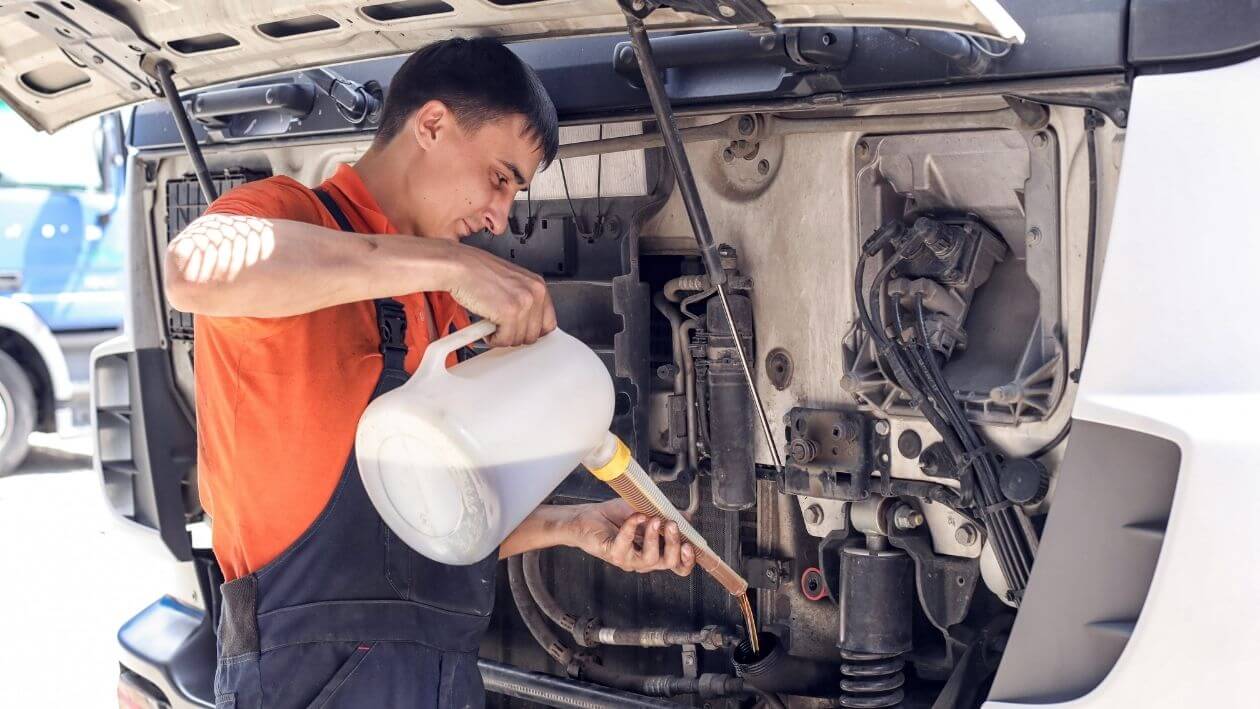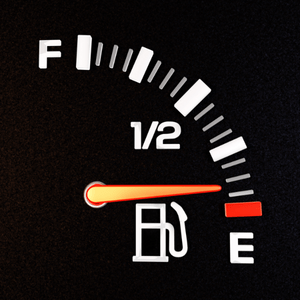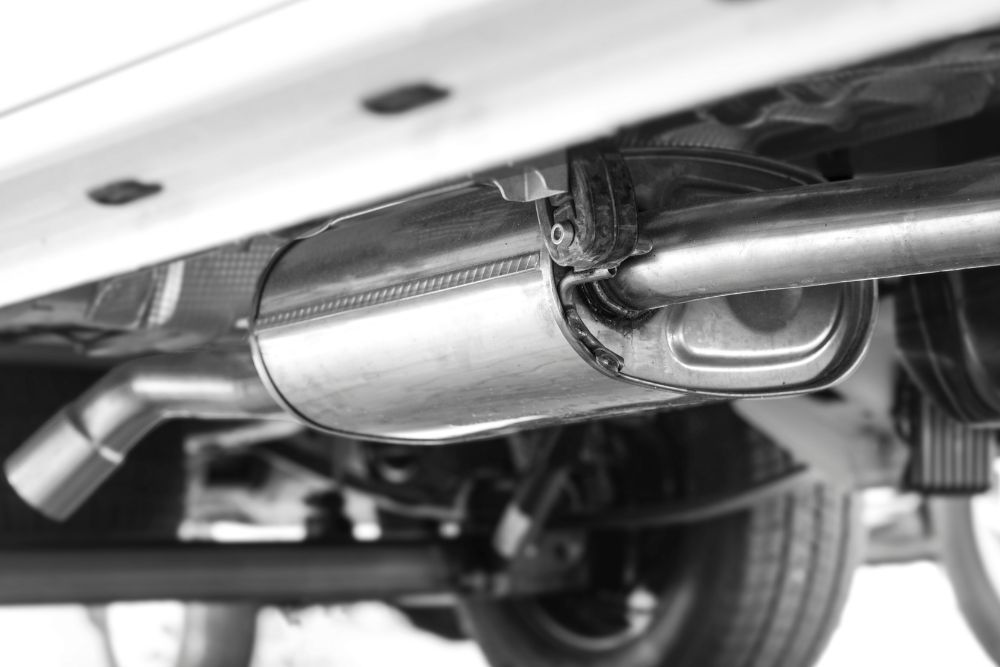Has your engine’s temperature gauge been on the climb? There are a few different problems that can cause your car or truck’s engine to overheat. Unfortunately, they can lead to costly damage to your engine and should be taken care of ASAP. Your mechanic will be able to properly diagnose what the problem is, but it doesn’t hurt to have heads up regarding possible problems so you know what to expect. These are the five problems that can cause your vehicle’s engine to overheat.
Your automobile’s engine oil acts as a lubricant, helping stave off wear and tear when your engine is running and all those parts are in motion. This minimizes friction, which produces heat. However, if your oil is low or too old to do its job properly anymore, one of the symptoms will be an overheated engine.
By scheduling regular oil changes, you can keep the friction in your engine at an acceptable level. Most manufacturers recommend changing your oil every 3,000 miles or six months.
Low coolant is one of the most common reasons for your engine overheating. Coolant is what your vehicle’s cooling system depends on to maintain the engine’s normal temperature, absorbing the heat from your engine and drawing it out as it cycles through the system. Of course, if it’s too low, it won’t do its job and the engine will overheat.
If you’re constantly overheating, however, you could have a leak in your cooling system. This is a job for a mechanic, as locating leaks is a difficult task. Unfortunately, there’s really no way to fully prevent this from happening, as leaks can occur even with regular maintenance.
The water pump is what’s responsible for circulating the coolant. However, coolant can become dirty, and when it gets pumped throughout the system, the water pump gets clogged. Uncorrected, the water pump will fail and the coolant won’t circulate as it should, causing overheating.
If the water pump is deteriorating, you might hear a whining noise, or the heater may stop working. You could also notice that the coolant is leaking, although this can also be a sign of other problems.
The only way to prevent this from happening is to remember to have your coolant changed. If the pump fails, and you can tell on your own by manually jiggling the pulley that operates it, the only thing to do is replace it. It’s far better to just get your coolant changed before you need to start shelling out cash for repairs.
Radiator problems are particularly annoying. The radiator takes in the coolant that’s just circulating through the engine while your vehicle is running, then its fans lower the coolant’s temperature before sending it back to the engine. If the fans aren’t working properly, warm coolant will return to the engine, causing it to overheat.
Failure in the radiator’s fans can also cause the A/C to run poorly, and you may hear whirring noises.
There’s not much you can do in terms of prevention, but when you notice overheating, it’s important to get your car or truck to a mechanic right away. If the cause is the radiator fans, that’s better than having a dead engine. Engine failure results from too-warm coolant circulating throughout your engine for too long, as it just continues to grow warmer with each cycle unless the fans bring the temperature down.
The thermostat monitors the engine temperature and regulates it. Needless to say, a thermostat that’s failing won’t read the temperature correctly, so the other parts won’t work to maintain the proper temperature. This, again, causes the coolant to not circulate as it should.
Other symptoms of a failing thermostat include leaking coolant, knocking or rumbling sounds emanating from the engine or radiator, and rust on the thermostat.
As this is a key sensor, your engine won’t be in good working order for too long if the thermostat stops accurately reading the temperature. Luckily, it’s fairly simple to replace it, but ignoring it can cause catastrophic problems. The only thing you can do is be on the lookout for symptoms so you can catch the problem before it snowballs.
While prevention is the best medicine, you can’t always prevent everything. This is why it’s important to stay on top of problems when they occur and not ignore them until you have a major problem on your hands. Keep an ear out for odd sounds, watch the temperature gauge, and make sure that your vehicle gets the maintenance it needs to run smoothly and do its job.


